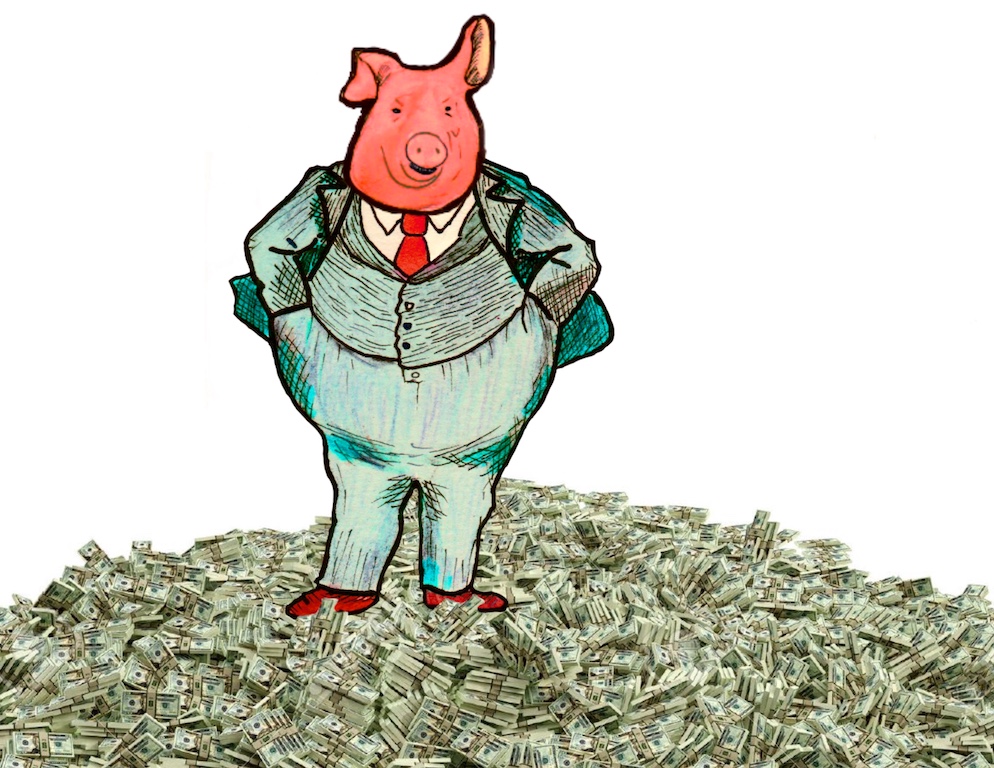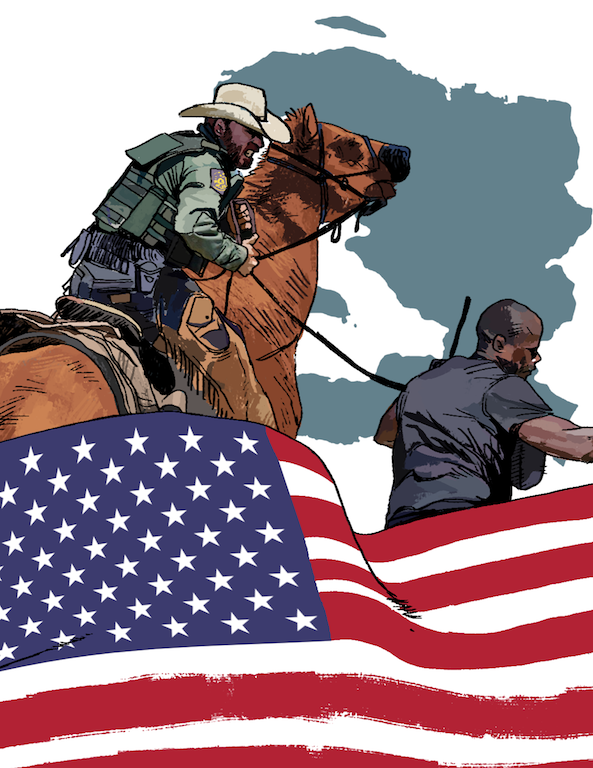In many other democratic nations, citizens could rest assured that their TV shows, magazines, newspapers, and social media would be devoid of political advertising for a while immediately following a presidential (or equivalent) election like the one we just had. In the United States, however, the next campaign cycles start the day after an election.
Former President Trump held his first rally for 2020 a whopping 4 days after moving into the White House in January of 2017. Biden is still a little busy with executive orders and providing aid to a state that didn’t vote for him, but those select few Americans who just love themselves a good political ad probably won’t have to wait too long to see some commercials that end with the phrase “I’m president Joe Biden and I approve this message.” Warren, Booker, and even VP Harris all began their campaigns for president in 2020 back in 2017 just weeks after Trump’s victory, so this is not a partisan issue… perhaps a waste of time and money, though? Your call.
Occasionally, Uncle Sam swallows his red, white, and blue pride and takes cues from other countries when he realizes he’s screwing up. As all things political-campaign-related begin to get worse and worse (think money, time spent away from the office they were elected to work in, and progressively more divisive advertising), it might be time to consider the processes by which other countries deal with their own campaign trails.
In addition to the general annoyances of the abundance of campaign advertising in America, it’s also part of the reason so many people turn politicians into celebrities, or even gods. One of the first rules of marketing is repetition, and with all the money involved in political campaigns, repetition is aplenty, repetition is aplenty, and repetition is aplenty. With smear campaigns, the opposite can happen, and no matter the level of truth in a message, if someone hears the phrase “Joe Schmo is a dirtbag” 20 times, they’re going to believe it if they choose not to research the claim.
With that, there are many, many things that could change for the better regarding U.S. political campaigns, and here is a look at laws and regulations of two countries who the U.S. has taken many cues from in the past, and who seem to do things a bit better with campaign laws as well, or at least a bit more tolerably for the masses.
France
“Oui sure do know how to campaign!” is probably an old French saying, though I can’t confirm. I can confirm that it would be relevant, though.
Starting with money… private donors are limited to spending 4,600 Euro, which is about $5,500, depending on the strength of the dollar. Corporations can not donate. They also get reimbursed, in part, by the state, but they are limited on how much money they can spend as a whole, and it’s roughly 20 million U.S. dollars. That’s still may seem like a large number, but as of November 1 of 2020, U.S. presidential candidates in the United States spent a combined $14 Billion. That’s 700 times more than what France allows. 700 times! I wonder what else we could do with that money (*looks at $600 stimulus check)?
You know why the French politicians don’t make a big stink, though? Because they don’t need it. Laws in France limit the number of TV and radio ads that a campaign can run to a big, fat ZERO. They are allowed to make posters and signs, and even hold rallies, but these can not start until 5 weeks before an election, opposed to the U.S. where most campaigns start 5 minutes after the previous election is over.
U.K.
Unlike France, the U.K. does technically have unlimited donations, but their restrictions on how those donations can be spent is in pretty strict contrast to the United States. U.K. candidates for Prime Minister can only spend $24 million on their campaigns, and any money raised over that threshold must be returned or donated to charity. If this law existed in the U.S., The Trump campaign would have had more than $800 million worth of money to donate to charity or give back to donors. Instead, he and Biden just rallied all night long.
Just like their pals from the other side of the Chunnel, the U.K. also allows ZERO political ads on TV and radio. They do have a few scheduled TV appearances, similar to our debates, but outside of that, people who don’t like politics but do like TV can actually watch their box in peace. They are, however, experiencing some issues with regulating social media spend.
In the U.K., the official allowed campaign time is 25 business days, or roughly five weeks. The rest of the time, these politicians are expected to do the jobs they were elected for. Taxation without representation? Not very rad. 5-week campaign cycles? Good call, U.K.
Wrap-Up
As is the case with most issues in the United States, money is the root, and until rich politicians vote against Citizens United, which is something that makes them richer politicians, changes probably won’t be swift or even existent. However, if the greedy folk in D.C. choose to implement time-related legislation, such as the 25-day campaign limits, they can still keep their money and actually have more time to do their jobs.
Currently, discussions are happening, but don’t really have a lot of fuel. Voting against money is not something either party does well, but the fact that both branches of Congress are currently aligned does give reason for a little hope, though it would most likely be in the form of a rider attached to another piece of legislation. Until that happens, we can keep watching our country spend literally billions more than other countries on campaigning, and watching the frequency of which politicians can afford to be in the limelight give way to a country of voters who treat their candidates like gods instead of public servants.




